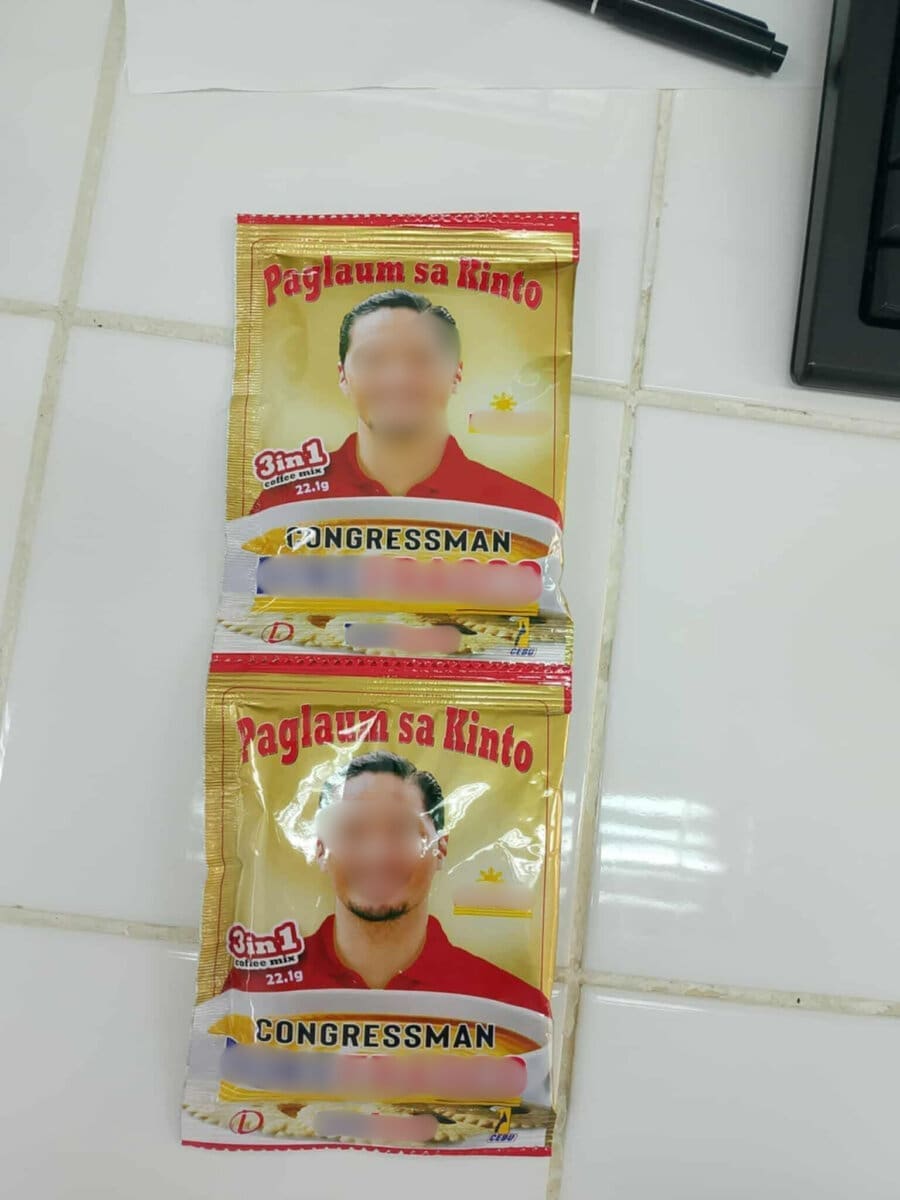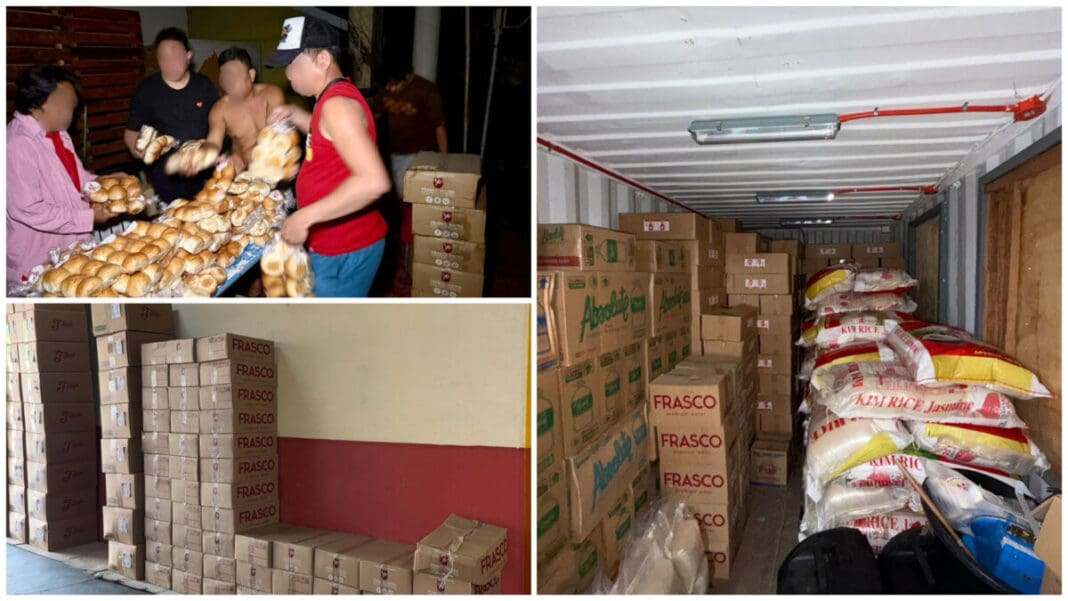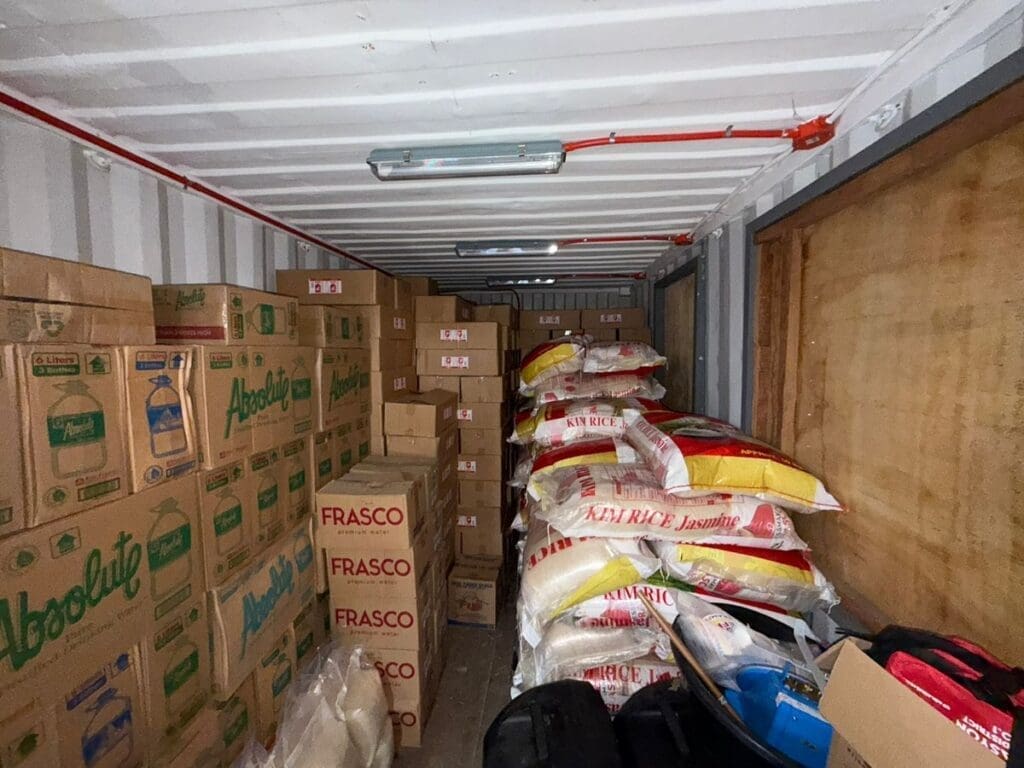
After Typhoon Tino battered Cebu, photos of relief goods quickly went viral, bottled water and coffee packs stamped with a congressman’s name and smiling face. What should have been a symbol of compassion became a flashpoint for debate, as many Cebuanos questioned why public aid carried political branding.
The Rule We Keep Forgetting
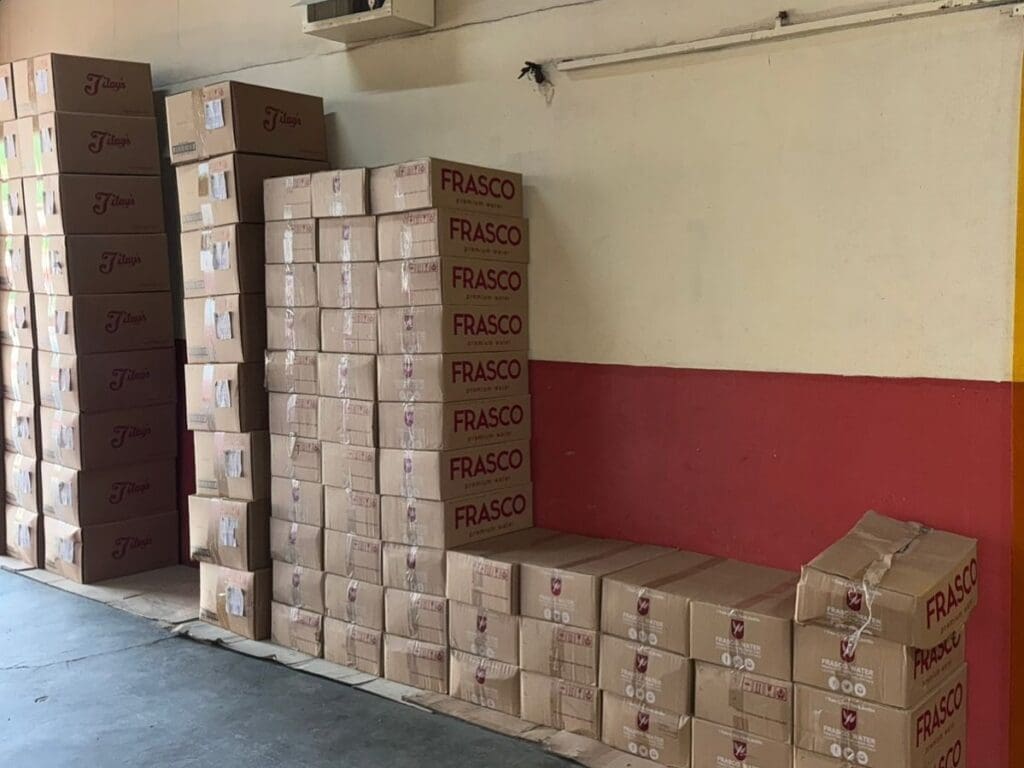
This practice isn’t just questionable, it’s prohibited. The Commission on Audit (COA) has banned the use of officials’ names or faces on government-funded projects and relief goods since 2013 through COA Circular No. 2013-004. The directive is clear: taxpayers fund the aid, not politicians. Yet, more than a decade later, violations continue with little consequence.
When Public Aid Becomes Personal Promotion
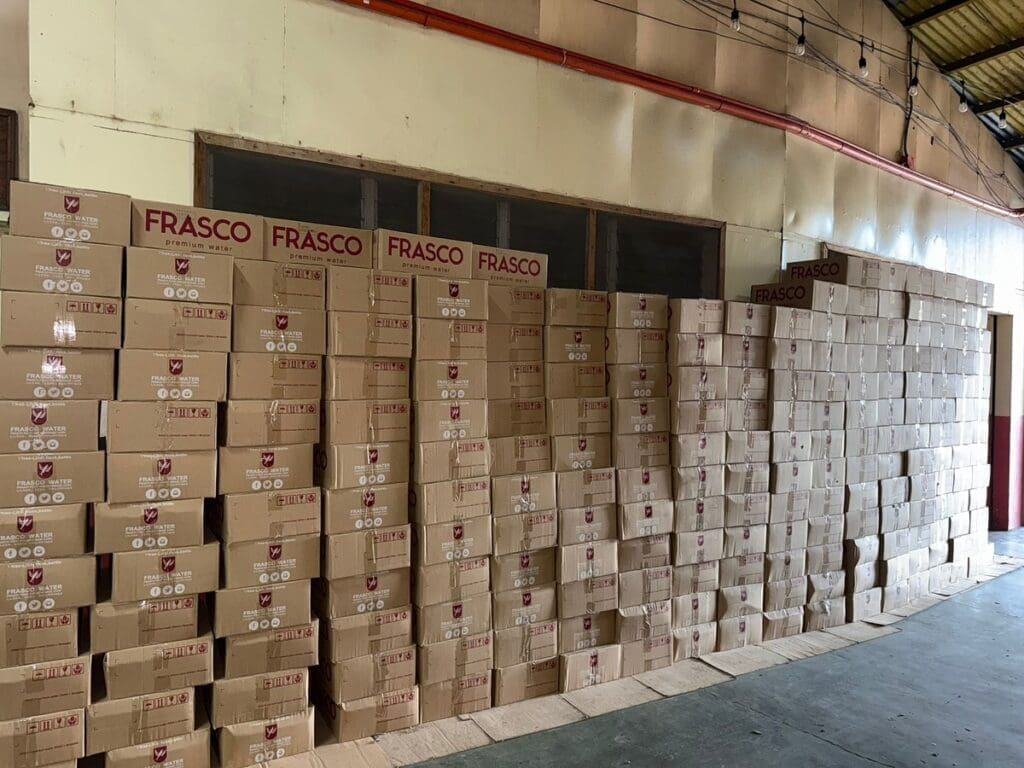
The issue runs deeper than labels. Experts say this kind of politics, self-promotion using public funds, feeds a culture of dependency and misinformation. Many still refer to government programs as from the mayor or from the congressman, forgetting that the money behind them comes from citizens’ taxes, not personal generosity.
A Call for Accountability

As Cebu recovers from Typhoon Tino’s destruction, it’s time to rethink what real service looks like. Relief goods should reflect solidarity, not self-advertisement. True public service doesn’t need a face on a bottle, it needs action, transparency, and respect for the people who actually paid for it: the public.
